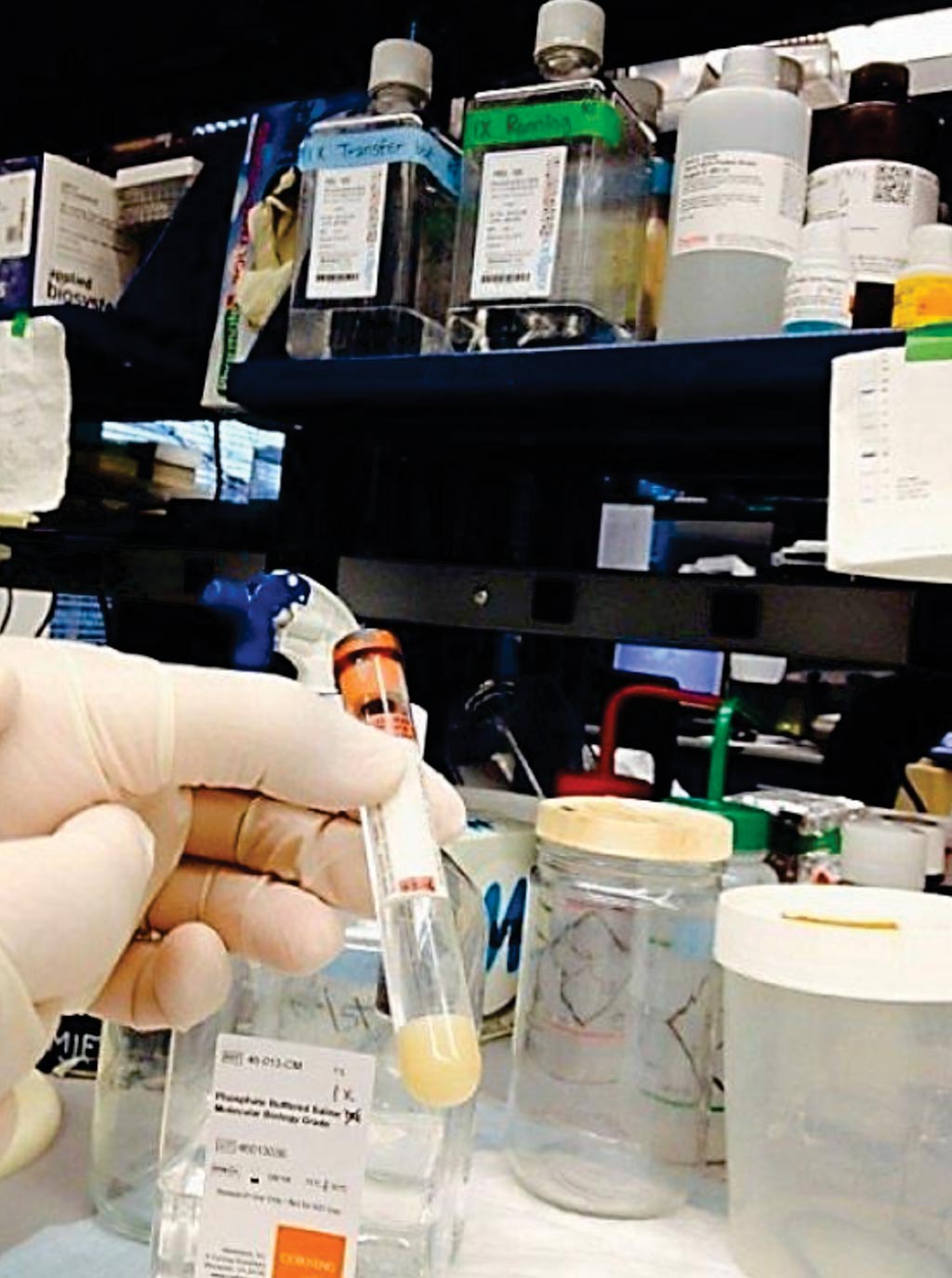Tumor DNA Blood Test Predicts Advanced Breast Cancer Survival
By LabMedica International staff writers
Posted on 16 Feb 2017
A blood test that spots cancer-linked DNA correctly predicted that most of those patients with higher levels of the tumor markers died significantly earlier than those with lower levels.Posted on 16 Feb 2017
Epigenetic alterations are among the most common molecular abnormalities in human cancers. DNA methylation does not change the genomic DNA sequence and is a form of epigenetic alteration that is heritable during DNA replication. Tumors commonly release aberrant DNA into the bloodstream, and this can now be detected.

Image: The new quantitative multiplex assay (cMethDNA) (Photo courtesy of Johns Hopkins Kimmel Cancer Center).
A team of scientists led by those at Johns Hopkins University School of Medicine prospectively analyzed blood samples collected from 141 women with advanced breast cancer that had spread to other organs who were beginning a new treatment at seven cancer centers in the USA, including The Johns Hopkins Hospital. The scientists collected the samples at the start of therapy, four weeks later and when the women's cancers were "restaged," usually after 12 weeks.
The investigators used the new quantitative multiplex assay (cMethDNA) to measure duplicate samples of a methylation panel from a previously published 10-gene panel in 300 mL of serum. In addition, a set of identical quality control pooled specimens from approximately 5% of the total samples was inserted into every batch to assess inter- and intrabatch reproducibility. The test searches for evidence of so-called hypermethylation, a type of chemical tag affixed to DNA in one or more of six breast cancer-specific genes. Biologically, hypermethylation often silences genes that keep runaway cell growth in check, and its appearance in the DNA code of breast cancer-related genes shed into the blood may indicate that a patient's cancer growth is increasing and the disease has worsened.
Because progression-free and overall survival are distinct outcomes, the cutoff value for women with high versus low levels of cancer DNA in their blood in relation with the outcome was different for progression-free and overall survival. Among 128 of the 141 patients, the scientists found that the median progression-free survival of 71 patients identified with high levels of cancer DNA in their blood was 2.1 months, compared with 5.8 months for 57 patients with low levels. In 129 patients, median overall survival for 62 patients identified with high levels of cancer DNA in their blood was 12.3 months, compared with 21.7 for 67 patients with low levels. Median follow-up of the women in the study was 19.5 months (range 0.8-86.3 months). By the end of the seven-year study period, nearly all the women enrolled in the study had died of their metastatic cancer.
Sara Sukumar, PhD, a professor of Oncology, who helped develop the test, said, “What we see is an association between shorter periods of progression-free survival and overall survival in patients whose blood has higher levels of hypermethylated DNA, and we can see this very early on, after just four weeks of treatment.” The study was published in the February 2017 issue of the Journal of Clinical Oncology.













